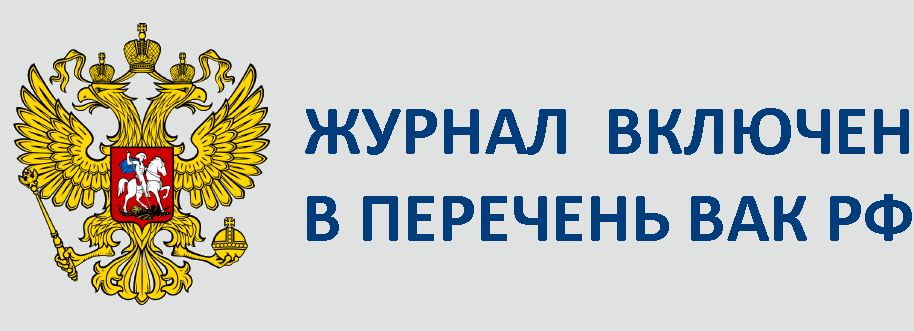№ 4 — 2018 — 5
DOI: 10.22281/2413-9912-2018-02-04-33-37
УДК 94(430).085
Залепеев В. Н.
ВНЕШНЕТОРГОВАЯ ПОЛИТИКА НАЦИСТСКОЙ ГЕРМАНИИ СО СТРАНАМИ ЮГО-ВОСТОЧНОЙ ЕВРОПЫ В КАНУН ВТОРОЙ МИРОВОЙ ВОЙНЫ
В статье на основе архивных данных и исследовательской литературы охарактеризованы торговые отношения между Германией и странами юго-восточной Европы накануне Второй мировой войны. Рассматривается значимость этого региона для нужд немецкой экономики в условиях предстоящей войны и установления морской блокады, а также структура взаимных поставок. Наибольшую ценность для Германии из юго-восточного региона представляли поставки цветных металлов, нефти и продуктов питания. Чтобы заинтересовать эти страны нацистское руководство предложило осуществлять взаиморасчет не в твердой валюте, а путем заключения клиринговых соглашений, то есть по безналичному расчету. Германия также установила для стран юго-восточной Европы благоприятный обменный курс валют и более высокие цены за покупаемые товары, чем на мировом рынке. Государства юго-восточной Европы, напуганные экономическим кризисом и жесткой конкуренцией со стороны США, СССР и Канады, не могли найти потребителя для экспорта своих сельскохозяйственных товаров и охотно пошли на расширения товарооборота с Германией. Нацистское руководство, использовало торговую экспансию в этом регионе, для усиления своего политического влияния, которое особенно возросло после Мюнхенского сговора и начало Второй мировой войны.
Ключевые слова: экспорт, импорт, сырье, валюта, конкуренция, платежи, цены.
Zalepeev V. N.
FOREIGN TRADE POLICY OF NAZI GERMANY WITH THE COUNTRIES OF SOUTHEAST EUROPE ON THE EVE OF THE SECOND WORLD WAR
In article on the basis of contemporary records and the research literature trade relations between Germany and the countries of southeast Europe on the eve of the Second World War are characterized. The importance of this region for needs of German economy in the conditions of forthcoming war and an establishment of sea blockade, and also structure of mutual deliveries is considered. The greatest value for Germany from the southeast region was represented by the supply of non-ferrous metals, oil and food products. In order to interest these countries the Nazi leadership proposed to carry out the settlement not in hard currency, but through the conclusion of clearing agreements, that is, by bank transfer. Germany also set a favorable exchange rate for the countries of southeastern Europe and higher prices for purchased goods than on the world market. The states of southeastern Europe, frightened by the economic crisis and fierce competition from the United States, the USSR and Canada, could not find a consumer to export their agricultural products and willingly went on expanding trade with Germany. The Nazi leadership used trade expansion in this region to strengthen its political influence, which increased especially after the Munich Agreement and the be-ginning of the Second World War.
Keywords: export, import, raw materials, currency, a competition, payments, the prices






